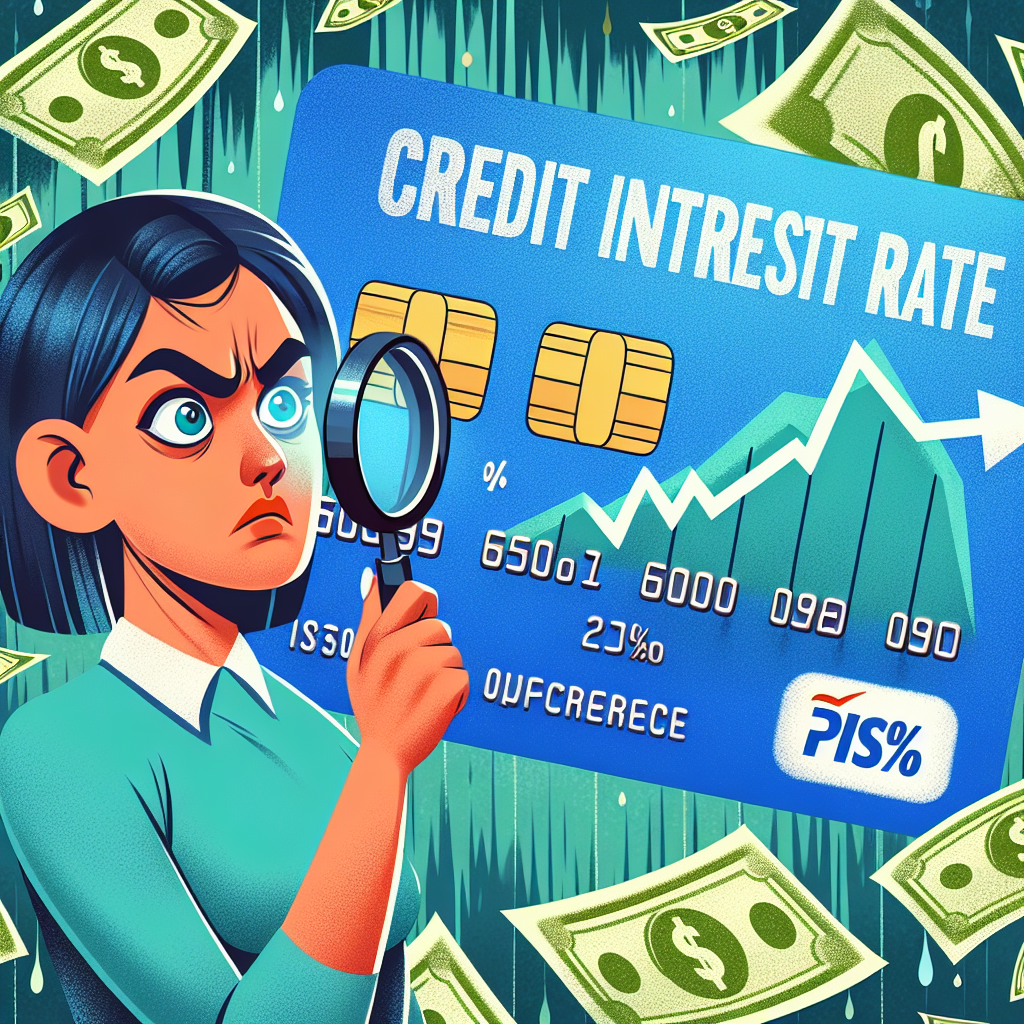Credit card interest rates can be confusing and overwhelming for many consumers. Understanding how these rates work and what factors affect them is crucial for managing credit card debt effectively. This comprehensive guide aims to decode credit card interest, providing you with a clear understanding of how these rates are calculated and what factors contribute to the interest charges on your credit card.
Understanding Credit Card Interest Rates
Credit card interest rates, also known as annual percentage rates (APRs), determine the cost of borrowing money on your credit card. When you carry a balance on your credit card, the issuer charges you interest on the unpaid amount each month until it is paid off. APRs can vary significantly, ranging from around 10% to 25% or more, depending on the credit card and your creditworthiness.
There are generally two types of APRs: fixed and variable. Fixed APRs remain constant over time, while variable APRs can change based on market conditions or other factors outlined in your credit card agreement. It is important to read and understand your credit card terms and conditions to determine which type of APR applies to your account.
To calculate the interest charged on your credit card, you need to understand how the APR is applied. Most credit cards use an average daily balance method, where the issuer calculates the average of your balance for each day in the billing cycle. This average daily balance is then multiplied by the daily periodic rate, which is determined by dividing the APR by the number of days in a year. The result is your interest charge for that billing cycle.
Factors Affecting Credit Card Interest Charges
Several factors can impact the interest charges on your credit card. The first and most significant factor is the outstanding balance or the amount of debt you carry on your credit card. The higher the balance, the more interest you will be charged each month. It is crucial to pay off your credit card balance in full each month to avoid accruing interest charges.
Another factor that affects credit card interest charges is the APR itself. If you have a higher APR, you will be charged more in interest for the same outstanding balance compared to someone with a lower APR. This is why it is important to compare credit cards and choose the one with the lowest APR possible.
Additionally, late payments or missed payments can have a significant impact on your credit card interest charges. Not only can you be charged late payment fees, but your APR may also increase as a penalty for the missed payment. To avoid unnecessary interest charges, it is crucial to make your credit card payments on time.
Understanding credit card interest rates is essential for managing credit card debt effectively. By knowing how these rates are calculated and which factors affect interest charges, you can make informed decisions to minimize the amount of money you spend on interest. Remember to always read and understand your credit card terms and conditions, compare APRs when choosing a credit card, and make timely payments to avoid unnecessary interest charges. With this comprehensive guide, you are now equipped with the knowledge to navigate credit card interest rates more confidently.
